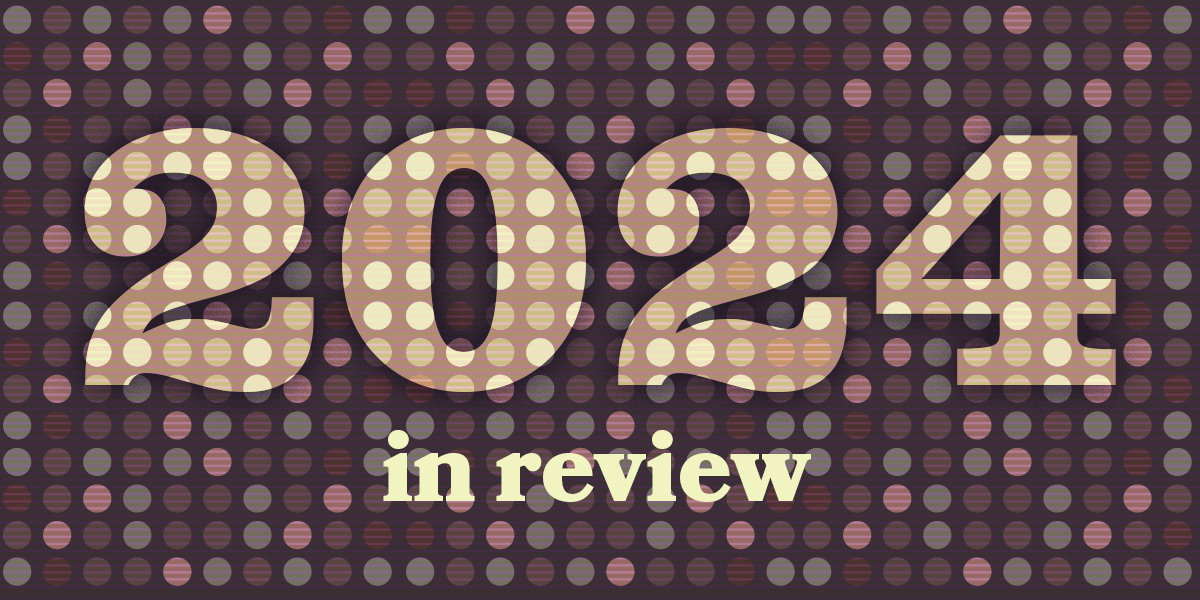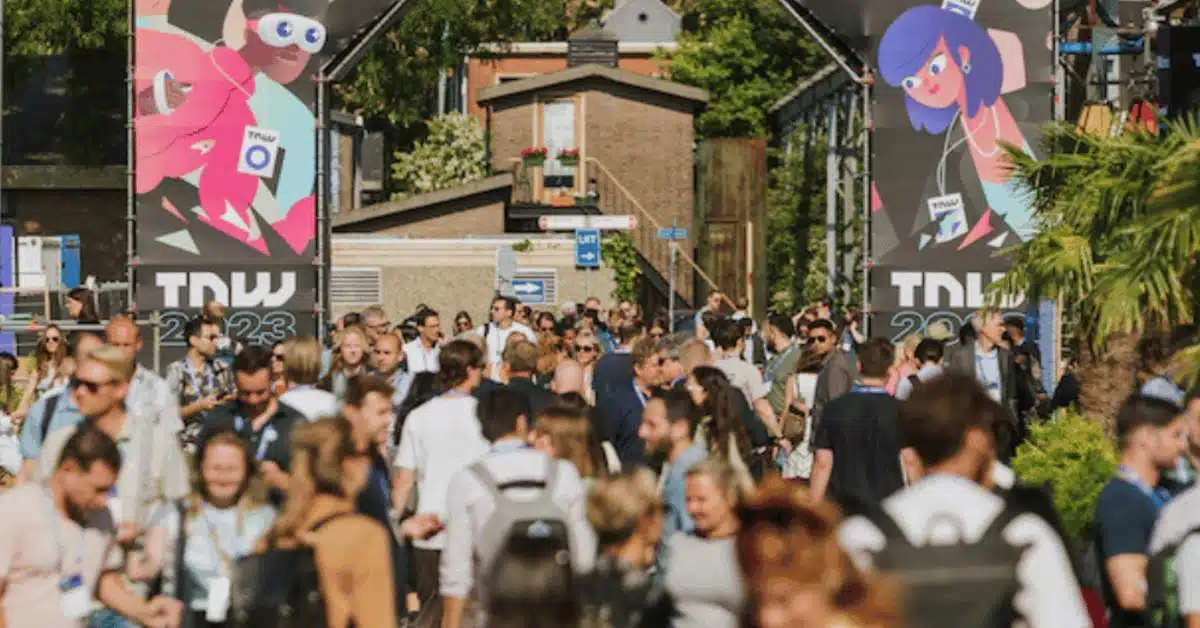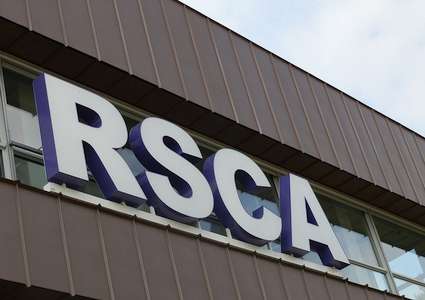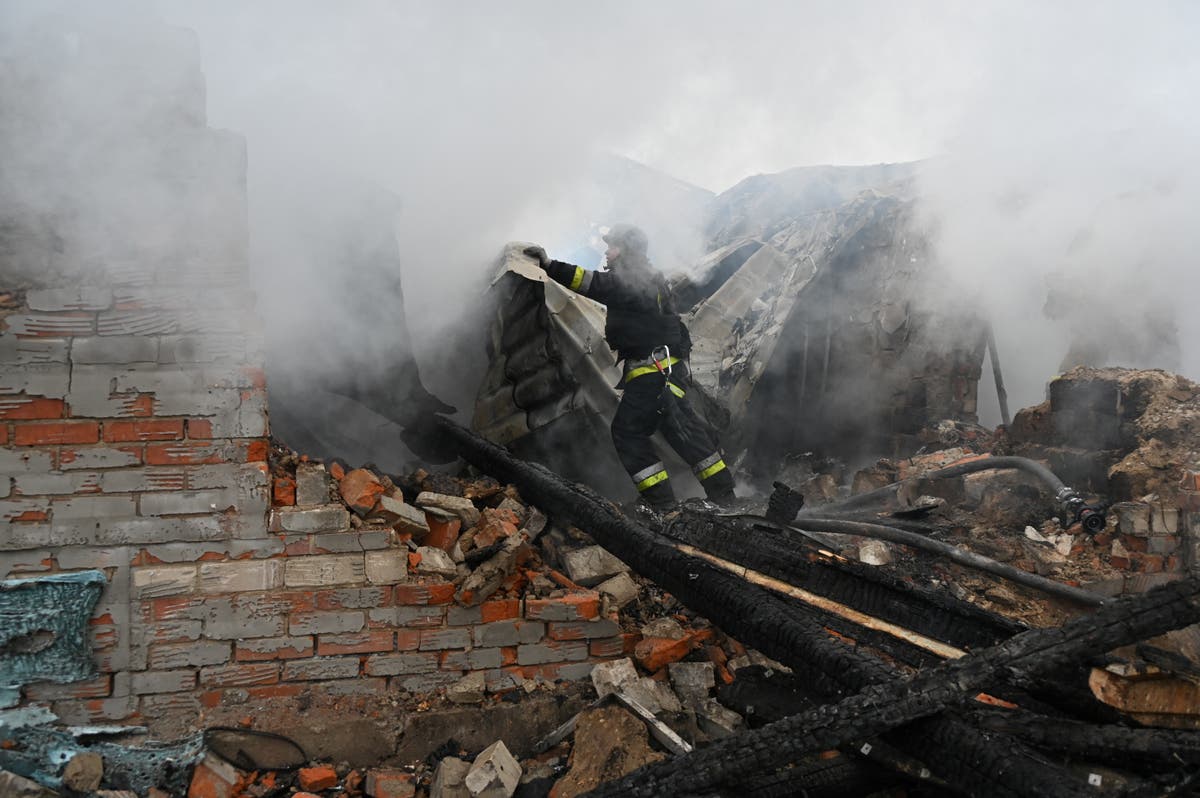Bussiness
Analysis: Xi in Europe: Business, Cognac and Ukraine

Chinese President Xi Jinping has concluded a five-day tour of Europe, having visited France, Serbia and Hungary. The tour marked Xi’s first trip to Europe in five years.
It came at a symbolic time for the three countries. This year marks the 60th anniversary of diplomatic relations between China and France, and the 75th of those with Hungary. The trip also coincided with the 25th anniversary of the NATO bombing of the Chinese embassy in Belgrade during Serbia’s war in Kosovo, an incident in which three Chinese diplomats were killed.
In France, Xi had a formal trilateral meeting with President Emmanuel Macron and President of the European Commission Ursula von der Leyen. Russian aggression against Ukraine was one of the main topics of the meeting, which took place on May 6.
“We agree that Europe and China have a shared interest in peace and security,” Von der Leyen said in a statement after the meeting. “We count on China to use all its influence on Russia to end Russia’s war of aggression against Ukraine.”
She added that President Xi has played “an important role in de-escalating Russia’s irresponsible nuclear threats, and I am confident that President Xi will continue to do so against the backdrop of the ongoing nuclear threats by Russia.”
At the same time, the impression persists that China’s influence on Russia remains rather constrained.
Later, Macron took Xi for a trip to a childhood haunt in the Pyrenees Mountains. Enjoying glasses of wine, French cheese and ham in a restaurant at the Tourmalet Pass, allowed for “friendly and very frank talks.” The leaders were reported to have discussed business and trade.
Trade cooperation between China and France has expanded over the past decade, with volume growing steadily over that period. France has become China’s third-largest trading partner in the EU, and China has also become France’s largest trading partner in Asia.
However, some economic and trade friction between China and the EU has been building, which affects bilateral relations.
Macron is pursuing an old Gaullist dream: a militarily and geopolitically autonomous Europe under the leadership of France.
Earlier this year China opened an anti-dumping investigation on brandy imported from the EU, a step that appears to be mainly targeted at France. The move is seen as retaliation for the EU’s attempt to stop an influx of cheap Chinese electric cars into Europe. In this context, the diplomatic gesture of the French leader became symbolic, as he presented Xi Jinping with two bottles of cognac: Hennessy XO and Louis XIII from Remy Martin.
During an informal meeting with the French president, Xi proposed a toast, emphasizing the uniqueness of relations between France and Chine, two powerful global leaders. He recalled that it was France, among Western nations, which first established diplomatic relations with China 60 years ago, at the height of the Cold War. The Chinese leader sought to underscore the approach of Gen. Charles de Gaulle, then President of France, as independent from the United States, urging Paris to adhere to a similar policy today. This was a carefully calculated diplomatic move, as Macron, it’s no secret, along with many French politicians, hope to emulate many of de Gaulle’s qualities.
Macron is pursuing an old Gaullist dream: a militarily and geopolitically autonomous Europe under the leadership of France. And such rhetoric is important to China. For China, such a policy would provide an opportunity for stable trade and economic relations with the EU and other European countries, as well as guarantee a distancing of regional states in case of escalation in the Taiwan Strait.
France, in this regard, is viewed as a clear leader of a united Europe, setting a pan-European trend in dealing with China.
Xi’s arrival in Paris coincided with a period marked by the intensification of the war in Ukraine, where Russia’s troops continue to launch relentless attacks on the country’s infrastructure and civilian population.
In Paris, Xi called for closer cooperation between China and France, recognizing them as responsible global powers that should jointly promote harmonious coexistence, look to the future, and work together toward creating a fair and orderly multipolar world. Macron, for his part, sought to convey to the Chinese leader the reality of the threat posed by Russia, both to France’s national security and to Europe as a whole, urging China to restrict the export of dual-use goods to Russia.
China is now considering the possibility of participating in the first Global Peace Summit to take place in the Swiss city of Lucerne on June 15-16.
“China did not initiate the Ukrainian crisis and is not a party to it or a participant. However, China plays a constructive role in seeking a peaceful resolution to the crisis,” Xi said. China is willing to work with France to find a sensible way out of the crisis. Xi also supported Macron’s call for an “Olympic Truce” of all global conflicts during the Summer Games in Paris.
It seems that China is now considering the possibility of participating in the first Global Peace Summit which is to take place in the Swiss city of Lucerne on June 15-16. Leaders from 80-100 countries are expected to attend, and apparently China’s representative will be there as it will be beneficial for China’s reputation.
The key takeway here is that China views France as the leader of a united Europe, with whom it is expedient to communicate regarding the development of regional and global security architecture.
Serbia and Hungary
In Serbia and Hungary, the atmosphere of bonhomie was accompanied by pragmatism and rationality. The parties signed a wide range of documents covering investments, infrastructure, nuclear energy, trade etc.
In Serbia, President Aleksandar Vučić organized a grand welcome, gathering a crowd of tens of thousands of people, who chanted “China, China” and waved Chinese flags in front of the Serbian presidential palace. Vučić called the bilateral ties an “ironclad friendship,” while his Chinese counterpart described it as “rock solid.”
China and Serbia have announced they are implementing a new free trade agreement at the beginning of July, deepening the economic and political ties between Belgrade and its biggest foreign investor. This deal is a part of a comprehensive Serbia-China partnership called “Shared Future.” Vučić said it “will guarantee a future” for Serbia, canceling tariffs on almost 95 percent of the country’s exports to China within the next five to ten years, from “apples to beef.” Moreover, Serbia can also become an important manufacturing center for electric cars.
This can soon become a problem for Brussels, especially in view of Serbia’s EU accession aspirations.
Serbia was selected as one of the stops on the tour to commemorate the anniversary of the NATO bombings of Belgrade, during which the Chinese embassy was destroyed, resulting in the deaths of three Chinese diplomats. Beijing views this as deliberate hostile actions by the US against China and remains skeptical of the American explanations claiming it was unintended. Referencing the bombing of Belgrade is meant to underscore a shared historical context: both countries have suffered from the US’s abuse of power and hegemony.
Serbia and China also share territorial conflicts – Taiwan and Kosovo – though these cases have different historical, ideological, geopolitical, and security contexts. Additionally, Serbia serves as the “gateway to Europe” for China as a trading partner, which will advance Chinese interests in Europe.
Before his visit to Hungary, an article by the Chinese leader titled “China and Hungary Embark on a Golden Voyage” was published in the government-affiliated publication Magyar Nemzet. This can be seen as a metaphor indicating the beginning of a new “golden era” in Sino-Hungarian relations.”
Hungary is currently a priority for Chinese investments and an important trading partner… And the friendship between the two countries is as refined and rich as Tokaji wine,” the article says.
During the visit, both sides decided to elevate bilateral relations to the level of an all-weather comprehensive strategic partnership for a new era. Xi noted that China is ready to continue deepening political mutual trust with Hungary, promoting closer alignment between Chinese-style modernization and the Hungarian “Opening to the East” policy, fully unlocking the potential for practical cooperation, and steadily expanding bilateral relations in various areas.
He also expressed the hope that Hungary would utilize its presidency of the EU in the second half of this year to facilitate the sustainable and healthy development of relations between China and the EU. This call carries a clear expectation for Hungary to further block European initiatives that would impede the advancement of Chinese interests within the EU.
Most importantly, Xi secured support for his initiatives aimed at reshaping the world order into a “more just,” polycentric one (Global Security Initiative, Global Development Initiative, Global Civilization Initiative). Secondly, it was crucial to show the Chinese public that China is a major respected power on the world stage at a time of geopolitical confrontation abroad and relative economic stagnation at home. Xi wanted to demonstrate that he is still fêted in Europe.
Regarding the world, Xi tried to display China’s ability to be proactive, play a leadership role, and be understanding of others’ interests without sacrificing its own. Yet there are still doubts as to how ready China is to clearly articulate a definitive leadership stance that requires deeper involvement in resolving conflicts such as the Russo-Ukrainian war.










